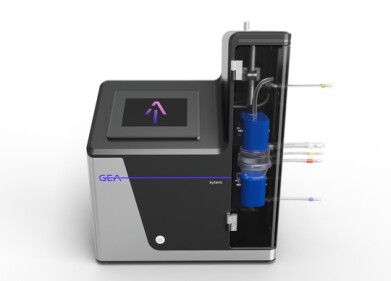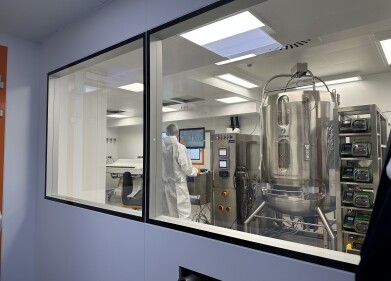Laboratory products
Safe Sample Prep in Centrifugation
Nov 09 2020
Containment of biological agents and infectious substances is an essential element in maintaining a safe environment for biomedical and microbiological laboratories, Biosafety Levels labs, and vaccine production facilities.
Protecting against the potential release of hazardous aerosols into a lab during centrifugation requires good laboratory practices.
1. First Level of Protection: Labware
Protecting lab and personnel from aerosol leakage and spills with bucket and microplate carrier covers, disposable liners, sealing tubes, and/or tubes with threaded caps with inserts/plugs and O-rings.
2. Second Level of Protection: Rotors
Well-designed rotors offer additional biocontainment.
Dual-locking lids enable the rotor to remain sealed while being carried to a biocontainment hood for sample retrieval.
Lid and cap assemblies for fixed-angle and swinging-bucket rotors are designed to create a hermetic seal with the O-ring when used in a hard-vacuum environment.
Fluid containment eliminates leakage into the centrifuge chamber even if the sample tubes leak
3. Third level of protection: Centrifuge
Filtration of the air, both in and out of the centrifuge chamber, through Pharmaceutical-grade (HEPA) sterilizing filters, provides a final level of containment against potentially hazardous aerosols created during centrifugation and minimizes the risk of lab and/or personnel.
Digital Edition
ILM 50.2 March 2025
March 2025
Chromatography Articles - Effects of small deviations in flow rate on GPC/SEC results Mass Spectrometry & Spectroscopy Articles - Waiting for the present to catch up to the future: A bette...
View all digital editions
Events
Mar 17 2025 Milan, Italy
Mar 18 2025 Beijing, China
Mar 20 2025 Brussels, Belgium
Mar 20 2025 Chandigarh, India
ACS National Meeting & Expo, Spring 2025
Mar 23 2025 San Diego, CA, USA



















